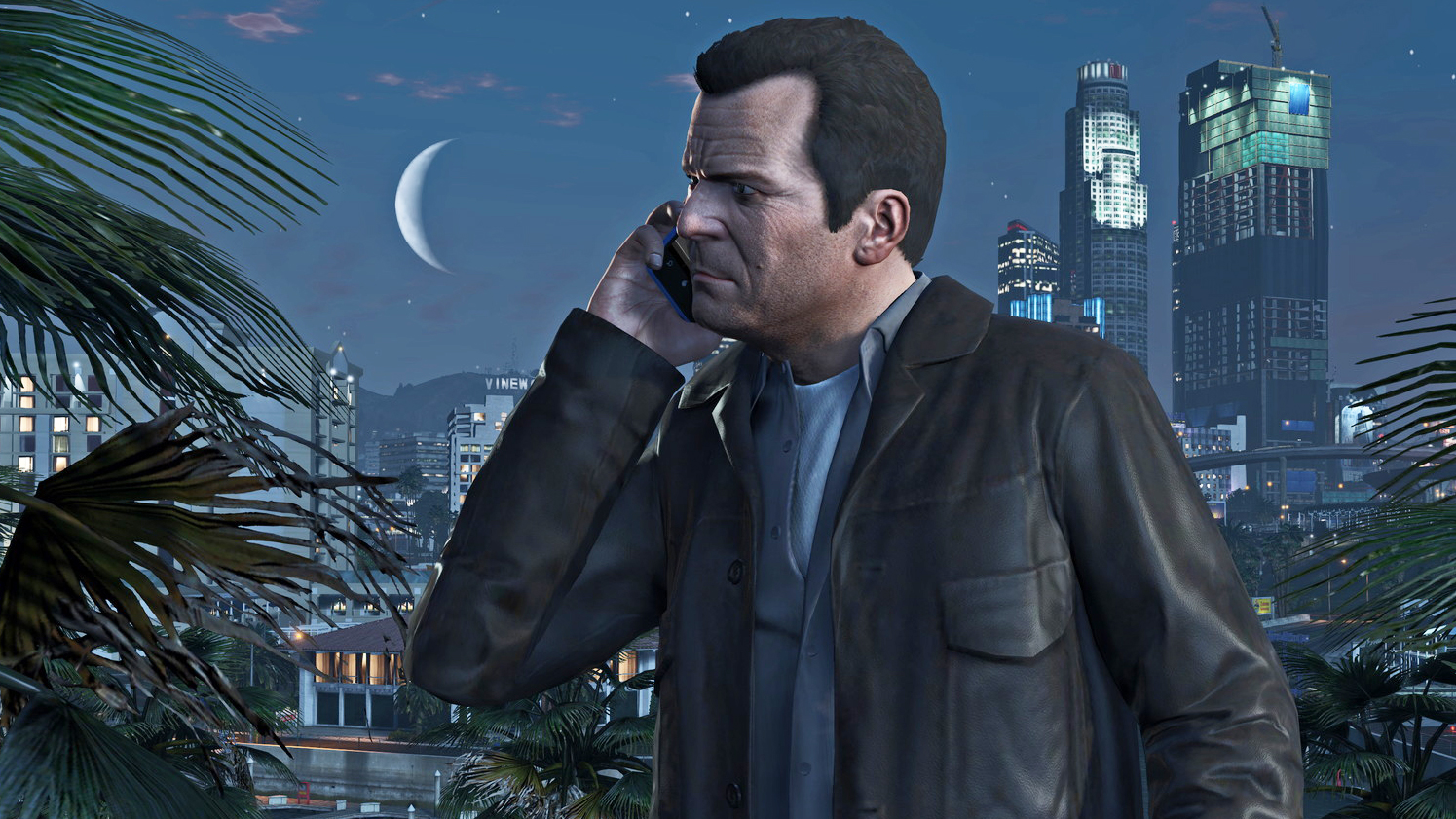
A year and a half after its initial launch, Grand Theft Auto 5 has finally arrived on PC with what is supposed to be the most polished and optimized version to date. To test out just how good it could look, we decided to run it on a rig with an Intel i7-5960x CPU, 32GB of RAM, and two (that’s right, two) overclocked Nvidia GTX Titan Xs. We cranked all the settings to max at 1440p (the video is at 1080p, as YouTube won't play in 60 fps above that resolution anyway), and took a drive around Los Santos to see what it had to offer. Watch the video above to see how it turned out.
When comparing any of the framerates we’ve listed to your own, remember this very important difference: we are trying to record while we play the game. For GTA5 and most of our videos, we use Nvidia’s ShadowPlay which generally has a low impact on performance. However, it is noticeable and it scales with resolution. It isn’t uncommon for us to see our frame rates cut in half while recording at 4K.
Were we not trying to record, two Titan Xs would absolutely play GTA5 at max settings and 4K without dropping below 60fps. The fact that we can’t do so while recording indicates how demanding recording gameplay footage at high resolutions can be.
Though Grand Theft Auto 5 is very well optimized, it didn’t run quite as nicely on max settings while recording with Nvidia ShadowPlay as I had hoped. At high settings, the game ran buttery smooth and was consistently staying above 100fps, but maxing everything out—and especially trying to do so at 4K resolution—resulted in some pretty inconsistent framerates. 60fps at 4K and max settings was achievable, but not in every part of Los Santos.
For example, the downtown area ran much faster than anything in the northern part of the map, Blaine County. Indeed, most parts of the map with long sight lines suffered, including the beach and the freeways heading north. Additionally, I saw noticeably slower frame rates during the day than at night, most likely because of the need for increased draw distance and shadows. What surprised me most about the differences between these areas and times of day was just how much the framerate changed. At 1440p, I could easily hit 120fps in the city only to drop to 40fps as I drove toward Blaine.
The average player probably won’t notice these issues, because GTA 5 is truly a well optimized game (the crashes and other problems some are experiencing aside)—as I mention in the boxout to the side, recording while playing was the primary reason I had framerate troubles at all.
The biggest gaming news, reviews and hardware deals
Keep up to date with the most important stories and the best deals, as picked by the PC Gamer team.


